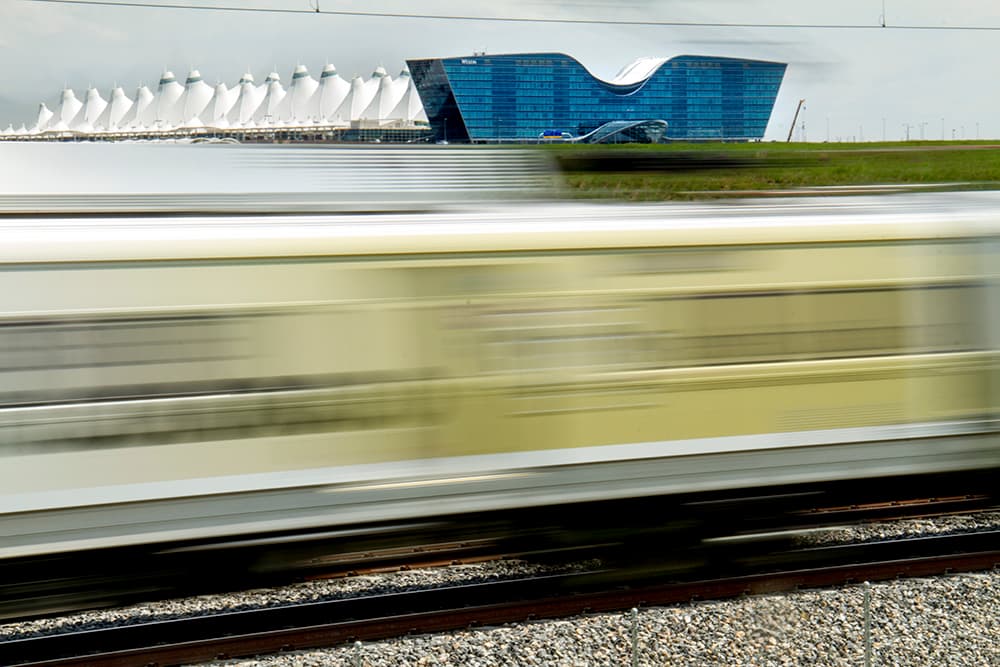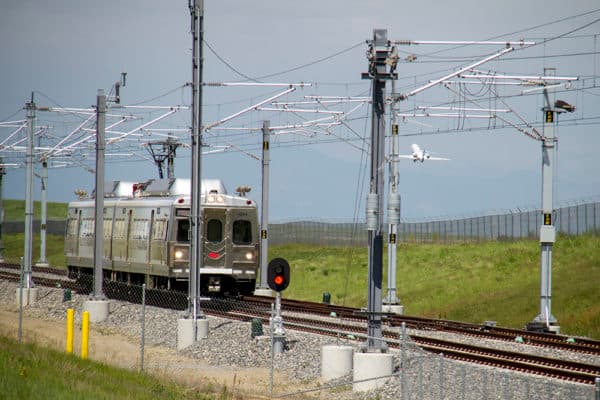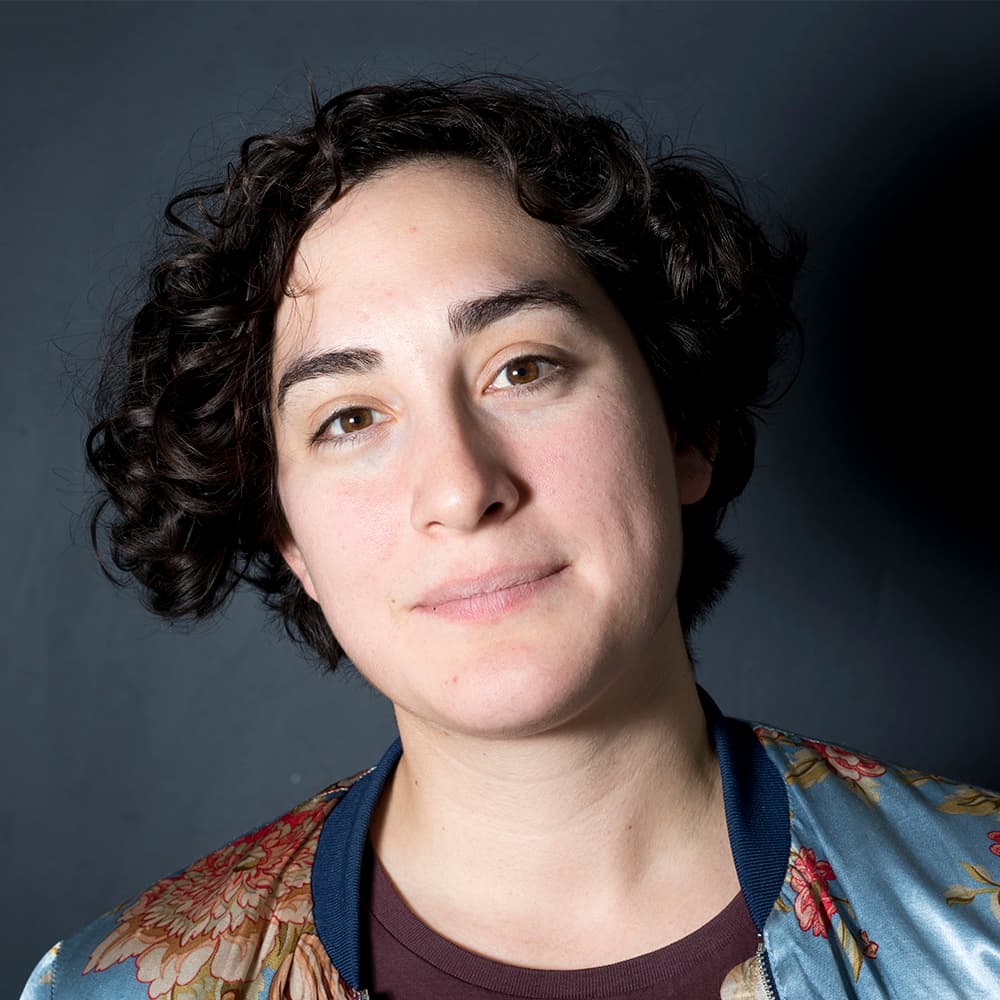
One day, you're the train that saved Denver, the next day, you're the one with mechanical issues, lightning strikes and control issues.
It's been a real rollercoaster ride for the University of Colorado A Line train to the plane.
And RTD spokesperson Nate Currey says it'll be at least a few months before the agency thinks it'll have all the kinks worked out.
"It's going to be an uphill battle for the next little bit," Currey says of the line's reputation. "By far, our trains are running in the 90, 91, 92 percent on-time rate day to day. ... But this system is the first of its kind and to expect no challenges is unrealistic."
Essentially, the current problems stem from a series of unlucky incidents. None of the issues, with the exception of a few problems with the phase breaks, have been related, says Currey.

The phase breaks, which power the train, were the worry right around opening and have since been fixed. On the other hand, software and hardware for the positive train control system is still being fixed. That means there are still guards at all 10 at-grade crossings.
As for the lightning, that was a particularly unlucky break, says Currey. Mother Nature has throwing more curveballs than the system itself, he says.
"The system is grounded," said Currey. "It hits our systems all the time, and this was just this bad luck that it knocked one cable off and it was this essential cable."
His advice to passengers who aren't sold on the train's reliability? It's important to be informed about your travels regardless, so check out RTD's tools or Twitter.
"Frankly, I would much rather have someone miss a flight than be hurt," Currey said. "We're so concerned about the economics and reputation sometimes, but it's better to err on the side of caution."
Actually, passenger Toni Doose likes riding the A Line every day -- it's better than the two buses that she used to take and it feels safer.
"Plus, it's never as late as the buses have been," she said. "I know if one's going to be late."
Elaine Knight, who rides the train about six times a month to get to her job as flight attendant, has already missed one flight, though. She says she wasn't expecting her train to be 15 minutes late, but admits she was cutting it close.
"I think it'll be fine," Knight said. "I work for an airline. Things happen."
Terrence Sidler isn't so sure. He rides the A Line every work day and says that he's been affected by a delay once a week. Sidler says he'll keep trying for about two more weeks before he switches to driving to work, even though that's a hassle for him.
But RTD's reputation on the A Line isn't completely shot. Denver International Airport isn't really blinking an eye at the current issues. Spokesperson Heath Montgomery says yes, they do recommend the train to their customers.
"We are confident that RTD and its private sector partners are doing everything they can to work out the kinks on this new service," Montgomery said via email. "While there have been some difficulties during the first two months of the train’s operation, the majority of the time the train is running on schedule."
Overall, passenger response has been positive, too. Travelers on a Wednesday night train had no complaints about the line.
"Primarily we see a lot of people talking about the great connectivity of the train on our social media platforms. If you walk around and talk to people, people are excited about it," Montgomery said.
The University of Colorado, which bought the naming rights to the new train for $5 million dollars, isn't worried either.
"We look at it as this is a new, very substantial, sophisticated transit project, so there will naturally be some problems," said Ken McConnellogue, the university's vice president for communication. "We talked about that and we anticipated that. [...] If it dropped down to a 20 percent on time then that'd be another question."
Not that the university could do much about poor execution if it happened -- their contract doesn't stipulate a certain level of performance from RTD. In the meantime, the people frustrated with the University of Colorado A Line's performance haven't spilled into the university's social media channels.
"We've seen a couple of social media post or emails to the president's office here. Frankly, they're not too much about performance, they're about whether it's a good idea for the university to be involved in this partnership or not," said McConnellogue.
But he says the university remains convinced in the value of their investment. That includes McConnellogue himself -- he's taking the train to the airport this Friday.
Correction: An earlier version of this story misspelled the last name of RTD spokesperson Nate Currey and misidentified phase breaks as phase breakers.













